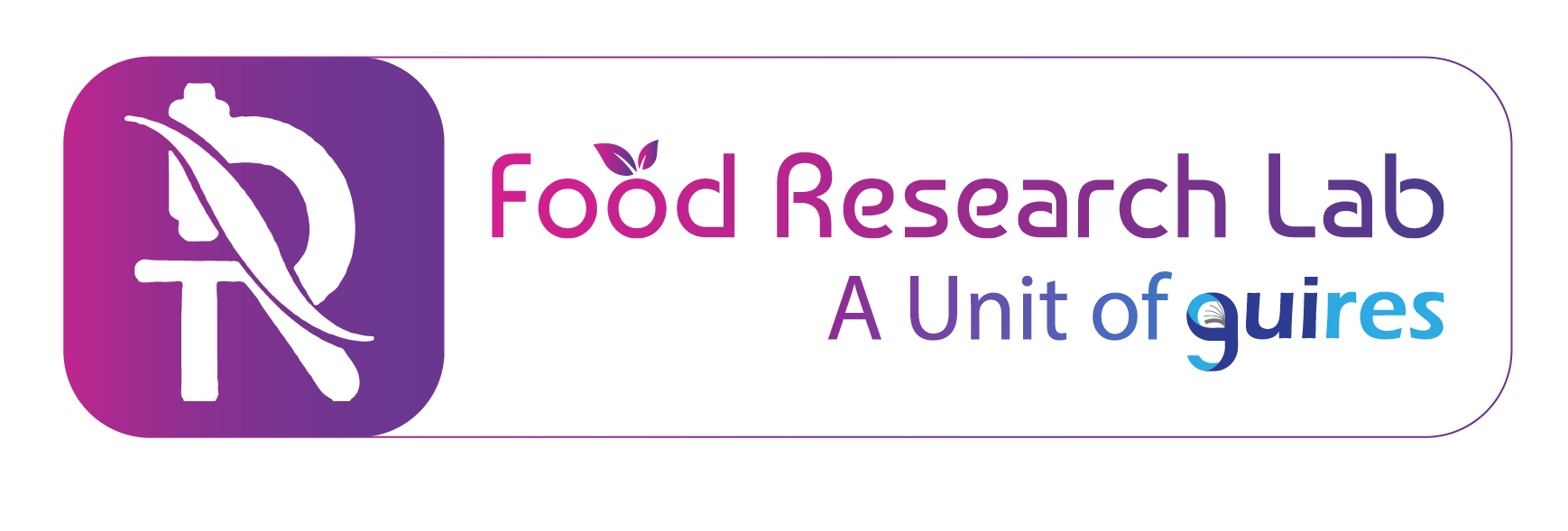Like the general population, older individuals come in various forms and sizes, but each decade has a distinct impact. As we enter our 70s, 80s, and 90s, we need to be more mindful of what we truly need and which nutrients can benefit us.
Protein’s Importance In Old Age
We require less energy in calories as we become older but more protein. It’s critical to incorporate lean meats, fish, poultry, and dairy (or the vegetarian equivalents of tofu, beans, or pulses) into each meal. These high-quality protein sources will supply essential B vitamins, iron, and folate, commonly low in older persons. Remember that milk is a good source of protein. If you’re trying to lose weight, use the full cream fortified version at the end of this article in soups, puddings, jellies, sauces, cereals, and other dishes.
Vitamin D’s Importance In Old Age
Vitamin D is indispensable for bone health but isn’t available naturally in many foods. Vitamin D is found in variable levels in fish, eggs, meat, fortified bread, and cereals. Oily fish, in particular, are high in anti-inflammatory Omega 3 fatty acids and Vitamin D, which can aid those who are rapidly ageing. Vitamin D insufficiency is shared among the elderly in the United Kingdom, so speak with your doctor and ask for a ten microgram Vitamin D prescription if necessary.
How To Deal With A Sluggish Appetite
Reduced appetite in old age can be caused by various factors, including disease or medicine. It’s critical to focus on the nutrient-dense aspects of your meals — proteins (meat, fish, egg, cheese), veggies, and fruits – rather than the bulkier dietary ingredients that fill you full. Starchy potatoes, rice, and pasta can rapidly fill you up while providing little nutrients, vitamins, and minerals.
7 Quick Tips To Help Elderly People Eat Better
1. Eat modest, regular meals that are high in nutrients.
2. Consume a range of vegetables and fruits.
3. Include both oily and whitefish in your diet (maximum of two portions of oily fish per week)
4. Increase your iron and vitamin B and D intake by eating fortified bread and cereals.
5. Consume more protein and less heavy carbohydrates.
6. Get some fresh air and sunshine.
7. A little of what you like is excellent for you – enjoy your meal!
Recipe For Elderly Nutrition With Fortified Milk
Add two to four teaspoons of dried milk powder to one pint of whole cream milk to boost the nutrients in your milk. Cereals, sauces, beverages, puddings, and soups may all benefit from this. Calcium and vitamin D are both abundant in milk. Calcium is an essential vitamin for preventing osteoporosis, and it may also have a function in lowering the risk of colon cancer and controlling blood pressure.
After 50, a daily dosage of 1200 mg is suggested. About 300 mg of calcium may be found in a cup of milk, fortified soy, or rice beverage. If you don’t drink milk, calcium can be found in other dairy products (such as yoghurt and cheese), fortified orange juice, canned salmon (with bones), sardines, calcium-enriched tofu, baked beans, green vegetables, nuts, and seeds. The initial source of vitamins and minerals should be a well-balanced diet. The ageing process may reduce your body’s capacity to absorb specific vitamins and minerals from your diet. As a result, seniors are frequently advised to take supplements to maintain optimum nutritional health.





